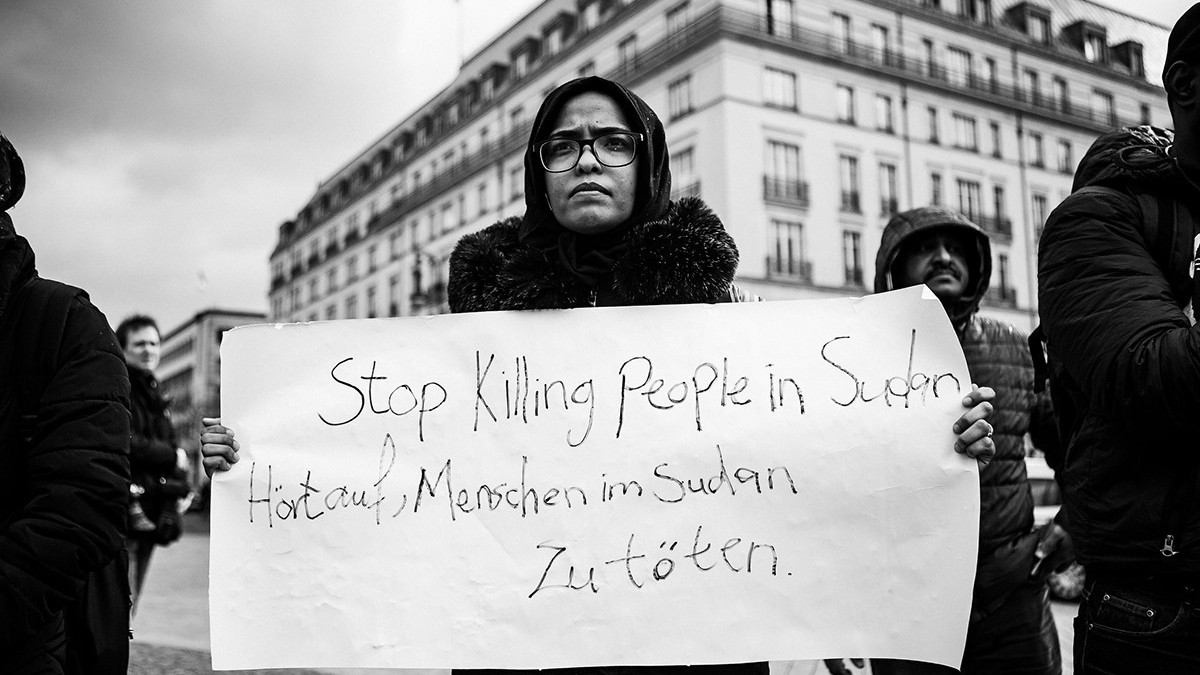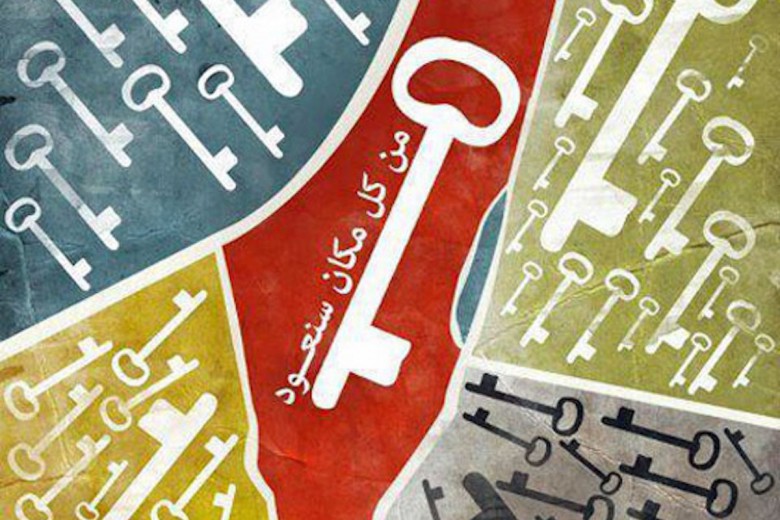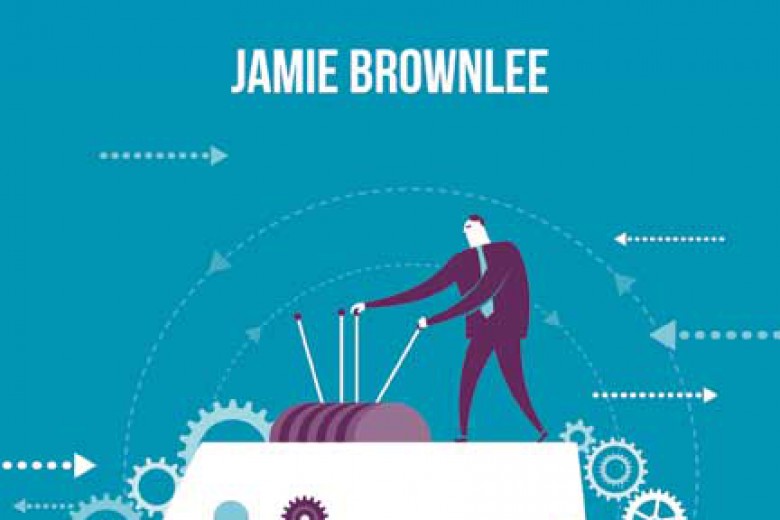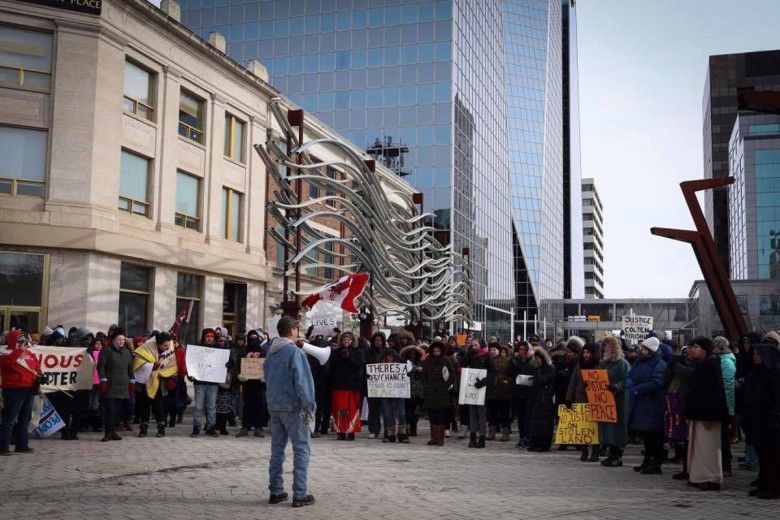Since September, a wave of protests has swept across the globe. A lot of independent media, Briarpatch included, have had neither the resources nor the agility to report on all these unfolding struggles (with notable exceptions, like Canadian Dimension’s sharp commentary on the coup in Bolivia). It meant many of us on the left in North America have had to read between the lines of the scant mainstream media coverage.
In Lebanon, planned taxes on gasoline, tobacco, and online phone calls sparked protests that forced Prime Minister Saad Hariri to announce his government’s resignation within two weeks. In Chile, a subway fare hike was met with a coordinated fare evasion campaign by secondary school students, erupting into ongoing protests against costs of living and privatization. In Bolivia, a right-wing coup violently ousted President Evo Morales – the country’s first Indigenous president – and replaced him with a racist Christian fundamentalist, triggering pro-Morales Indigenous protests. In Iraq, a lack of jobs and poor public services led to a wave of anti-government uprisings in September. In Hong Kong, summer protests against a proposal to allow extraditions of criminal suspects to mainland China have swelled into a ground-shaking call for universal suffrage and investigations into police brutality, among other demands. In Sudan, fears that the upcoming election will be rigged due to the army’s powerful role in national politics have had protesters in the streets for the better part of a year.
Protests that began in 2018 have continued roiling: gilets jaunes rallies have continued in France, as has unrest in Haiti against a worsening economic crisis. And there are more – in Egypt, Algeria, Colombia, India, Ecuador, Honduras, Germany, Spain, Guinea, Indonesia, Iran, and the Netherlands, people have taken to the streets.
They aren’t united by a uniform set of demands, ideology, organization, or leadership; each movement contains within it a multitude of warring progressive and regressive elements; each is an ecosystem of its own. Even so, Ben Ehrenreich, writing in the Nation, has done a great job of making sense of their shared spark: “All of the countries recently experiencing popular revolts – and most of the rest of the planet – have for decades been ruled by a single economic model, in which the ‘growth’ celebrated by the pedigreed few means immiseration for the many, and capital streams into American and European accounts as reliably as sewage flows downhill.” This isn’t particularly surprising to me – that inequality and its violent maintenance is at the heart of the discontent.
I’ll also point out something that Ehrenreich didn’t: mainstream media coverage of most of the protests – in Chile, Iraq, Iran, Lebanon, Sudan, and Haiti, among others – cites “government corruption” as one of the main causes of public revolt. These protesters are angry about the influence of private money and power on ostensibly public institutions and processes. But the anti-corruption framing misses the point: what does “corruption” even mean when we live under a system that encourages capitalists to exploit and immiserate the working class? At best, reforms to end corruption look like law-and-order solutions that fail to change the foundations of inequality. At worst, fascists can very persuasively leverage dissatisfaction with corruption to gain power, as was the case with Narendra Modi’s election in India.
Neoliberalism and its market-oriented reforms attempt to save capitalism from its own self-defeating tendencies, so protests against neoliberalism must recognize that the economic system hasn’t simply been corrupted. It is fundamentally and entirely irredeemable.
For me, that’s a hopeful note on which to enter 2020. As the UN’s original 12-year deadline for limiting climate catastrophe ticks down to 10, we need to stop tinkering with the status quo, and demand bold and radical shifts. That will require millions of people taking to the streets in recognition of this urgent fact. It will also require informed analysis and clear leftist demands. I hope, like me, you’ll be keeping an eye on the outcomes of this groundswell of protest over the coming year.







